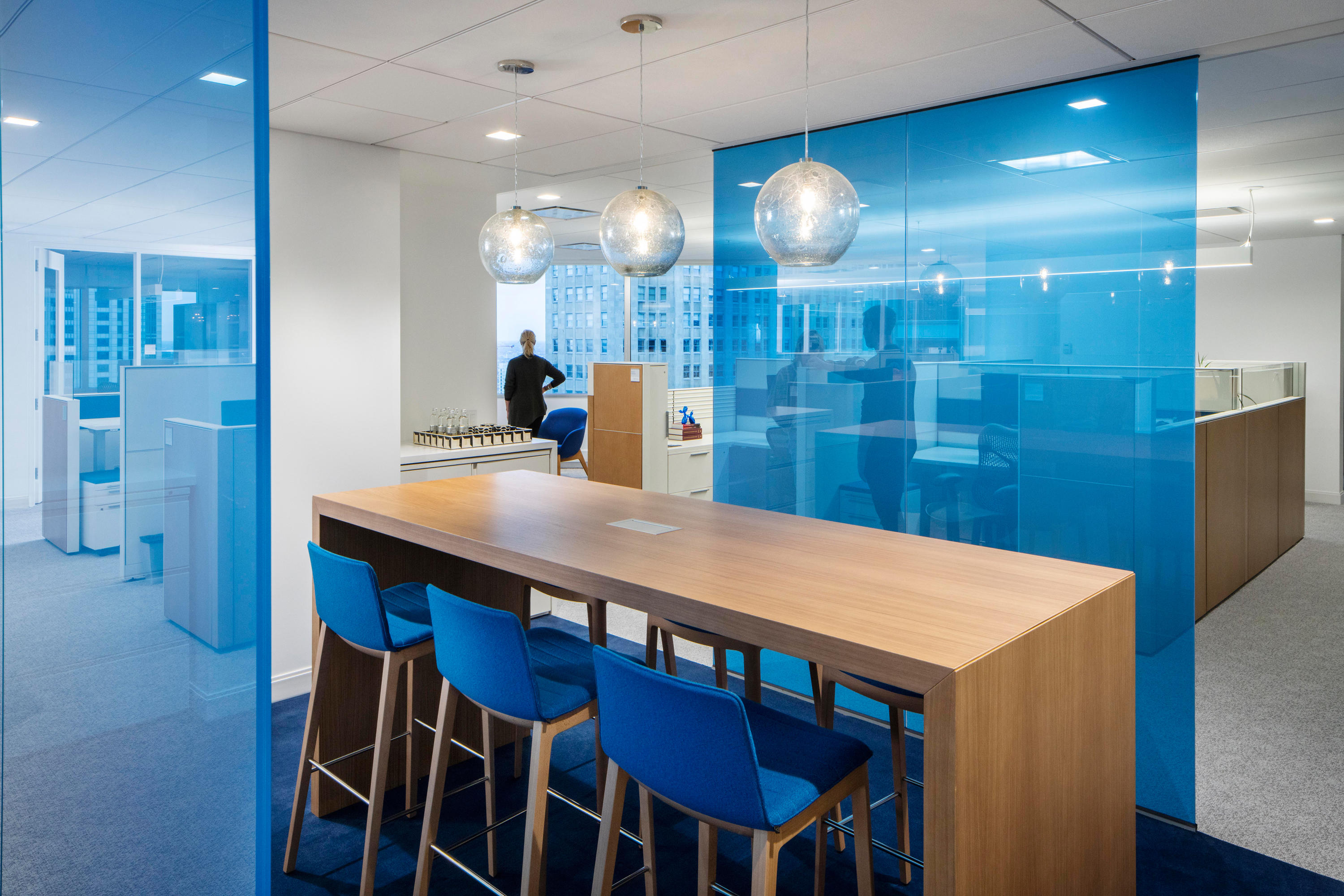
Improving mainstream technology can make transportation more efficient and provide more effective emission control systems." He noted, however, that petroleum-based fuels will continue to dominate. John Heywood, director of the Sloan Automotive Laboratory and the Sun Jae Professor of Mechanical Engineering, said that "the environmental impacts are significant, growing and unsustainable." Nonetheless, "there is hope that technology will allow us to continue to indulge our appetites. and United Kingdom, the former mayor of Bogot������, Colombia, and industry and WBCSD executives. They included MIT researchers, transportation consultants from the U.S. It was commissioned by the World Business Council for Sustainable Development (WBCSD).Ĭonference speakers addressed the seven grand challenges identified in Mobility 2001, reflecting an integrative approach needed in both developed and developing countries.


Prepared by researchers from MIT and Charles River Associates, "Mobility 2001" is the most comprehensive and large-scale global initiative in sustainable transport. Marks was among 21 speakers at "Sustainable Mobility: Global Challenges for the 21st Century." The conference highlighted the report "Mobility 2001," released last fall as a first step toward developing a vision of more sustainable mobility in the future. "Much better solutions can be developed through conversations among engineers and social scientists." "Clearly, sustainable mobility falls into the integrative territories between the fields of social science and engineering," said Professor David Marks, director of MIT's Laboratory for Energy and the Environment. The general consensus among more than 200 policy makers, transportation researchers and other professionals attending a May 3 conference on the subject was that sustainable transportation is viable, but solutions must be interdisciplinary and policy-relevant.


 0 kommentar(er)
0 kommentar(er)
